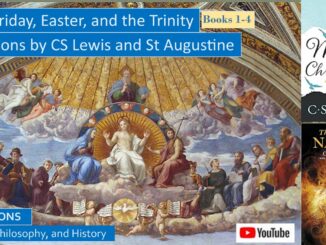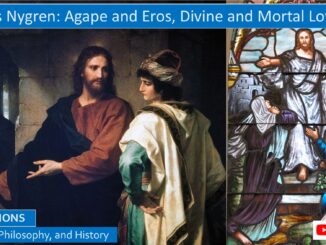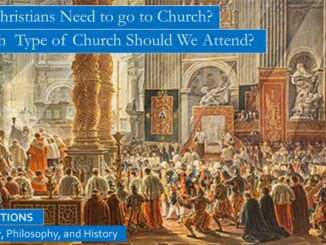
Good Friday, Easter, and Trinity: CS Lewis’ Mere Christianity, Narnia, & St Augustine’s Confessions
How can we make sense of Jesus’ crucifixion on Good Friday and his resurrection on Easter Sunday? CS Lewis proclaims, “The central Christian belief is that Christ’s death has somehow put us right with God and given us a fresh start.” “We are told that Christ was killed for us, that His death has washed out our sins, and that by dying He disabled death itself. That is the formula. That is Christianity.” CS Lewis discusses how atonement erases the stain of original sin from mankind, but he avoids using these Catholic-sounding words. […]


